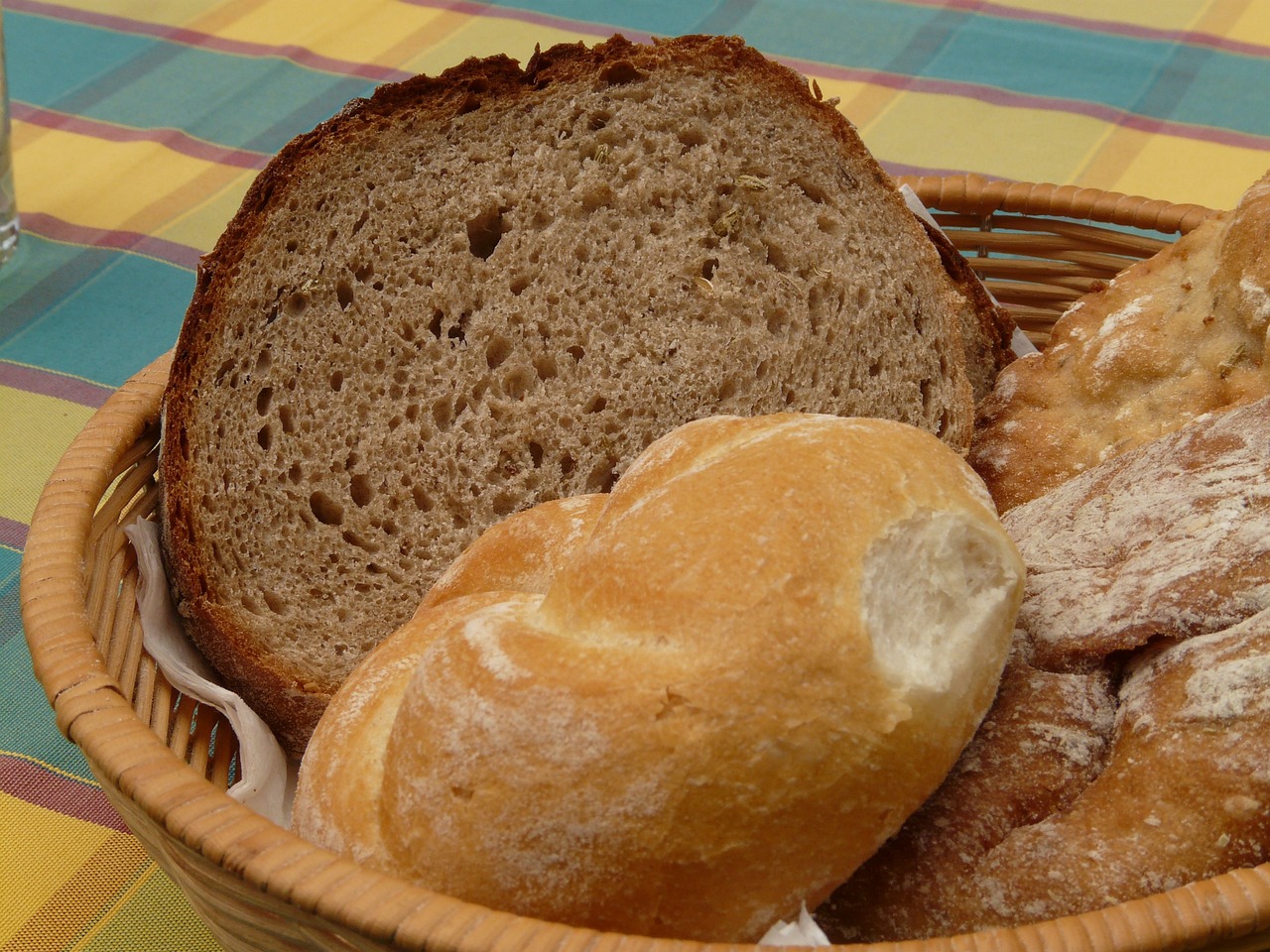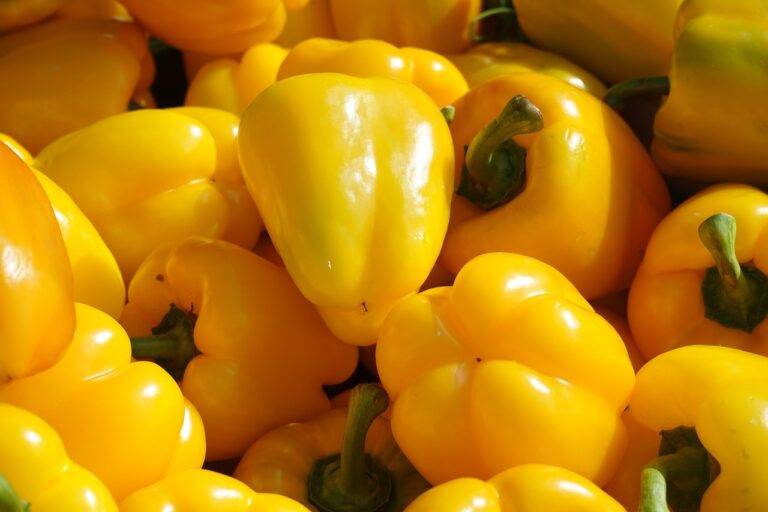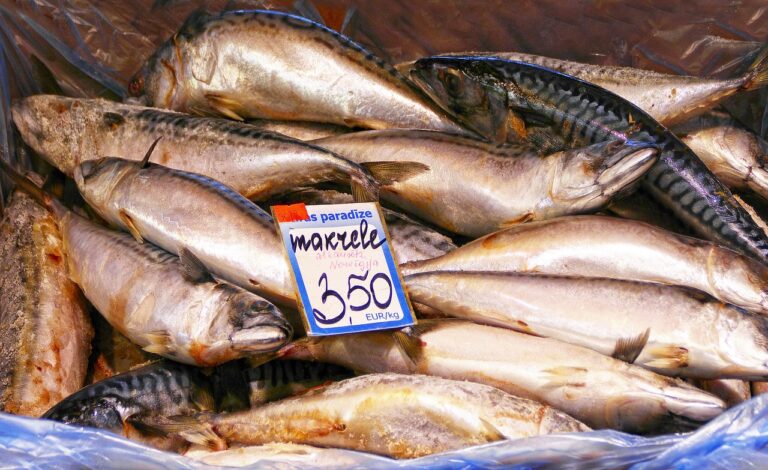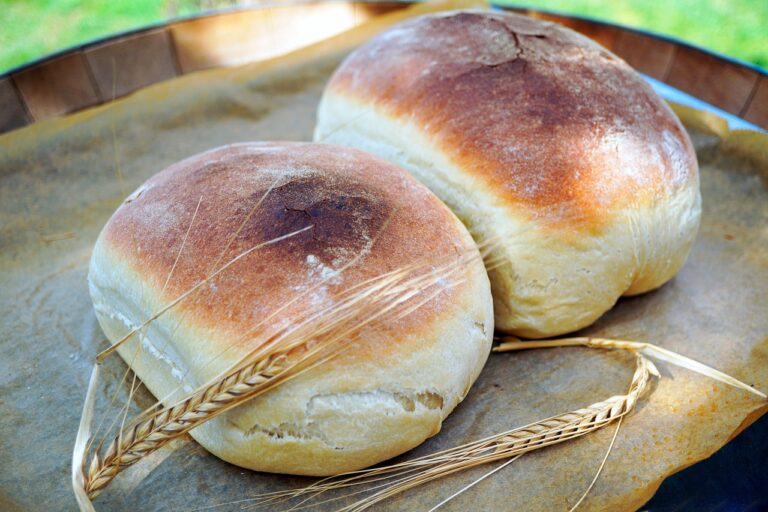Addressing Food Waste Challenges Through Nut and Seed Processing Innovations: 11xplay sign up, India 24 bet login, Skyinplay.com login
11xplay sign up, india 24 bet login, skyinplay.com login: Food waste is a global issue that has far-reaching consequences for the environment, economy, and society. According to the Food and Agriculture Organization of the United Nations, approximately one-third of all food produced for human consumption is lost or wasted every year. This amounts to around 1.3 billion tons of food that never reaches the plates of those in need or ends up in landfills where it contributes to greenhouse gas emissions.
One of the main contributors to food waste is the loss of perishable foods such as fruits, nuts, and seeds. These foods are highly nutritious and valuable sources of essential vitamins, minerals, and antioxidants. However, they are also prone to spoilage if not properly stored or processed.
To address the challenges of food waste, many innovative solutions have been developed in recent years. One promising approach is the use of nut and seed processing technologies that can extend the shelf life of these perishable foods and reduce losses along the supply chain.
By implementing cutting-edge processing techniques, food manufacturers can transform raw nuts and seeds into value-added products such as nut butters, seed oils, and protein powders. These products have a longer shelf life than whole nuts and seeds, making them less susceptible to spoilage and wastage.
In addition to extending shelf life, nut and seed processing innovations can also help reduce food waste by utilizing all parts of the raw materials. For example, after extracting oil from seeds, the remaining seed cake can be used as a high-protein animal feed or fertilizer. This minimizes waste and maximizes the value of the raw materials.
Furthermore, nut and seed processing technologies can improve food safety by pasteurizing and sterilizing products to eliminate harmful pathogens and bacteria. This ensures that consumers receive high-quality and safe products that comply with regulatory standards.
Overall, addressing food waste challenges through nut and seed processing innovations is a win-win solution for both the food industry and the environment. By optimizing the use of raw materials, extending shelf life, and improving food safety, these technologies play a crucial role in reducing waste and increasing the sustainability of the food supply chain.
### Benefits of Nut and Seed Processing Innovations
Nut and seed processing innovations offer numerous benefits for the food industry, consumers, and the environment:
1. **Extended Shelf Life**: Processed nut and seed products have a longer shelf life than whole nuts and seeds, reducing losses from spoilage and wastage.
2. **Value-Added Products**: Nut and seed processing technologies can transform raw materials into high-value products such as nut butters, seed oils, and protein powders.
3. **Food Safety**: Processing techniques such as pasteurization and sterilization help eliminate harmful pathogens and bacteria, ensuring the safety of the products.
4. **Waste Reduction**: By utilizing all parts of the raw materials, nut and seed processing technologies minimize waste and maximize the value of the resources.
5. **Sustainability**: Addressing food waste challenges through processing innovations improves the sustainability of the food supply chain and reduces the environmental impact of the industry.
### Challenges and Opportunities in Nut and Seed Processing
While nut and seed processing innovations offer significant benefits, they also present challenges that need to be addressed:
1. **Cost**: Implementing advanced processing technologies can be costly for food manufacturers, particularly small-scale producers with limited resources.
2. **Technological Complexity**: Some processing techniques require specialized equipment and expertise, which may be challenging for small businesses to acquire or implement.
3. **Regulatory Compliance**: Food safety regulations and standards vary across regions, requiring companies to invest in compliance measures to ensure product quality and safety.
Despite these challenges, the opportunities for innovation in nut and seed processing are vast. By investing in research and development, exploring new processing techniques, and collaborating with industry partners, food manufacturers can overcome barriers and unlock the full potential of these valuable resources.
### FAQs
**Q: What are some common nut and seed processing technologies used in the industry?**
A: Common processing technologies include roasting, grinding, pressing, and extraction methods to produce a wide range of products such as nut butters, seed oils, and protein powders.
**Q: How can nut and seed processing innovations help reduce food waste along the supply chain?**
A: By extending shelf life, maximizing the use of raw materials, and improving food safety, processing innovations can minimize losses and contribute to a more sustainable food system.
**Q: Are there any sustainable practices in nut and seed processing that help reduce environmental impact?**
A: Yes, practices such as energy-efficient processing, waste recycling, and sustainable sourcing of raw materials can reduce the environmental footprint of nut and seed processing operations.
In conclusion, addressing food waste challenges through nut and seed processing innovations is a critical step towards building a more sustainable and efficient food system. By leveraging advanced technologies, optimizing the use of resources, and prioritizing food safety, the industry can reduce waste, increase profitability, and contribute to a healthier planet for future generations.







